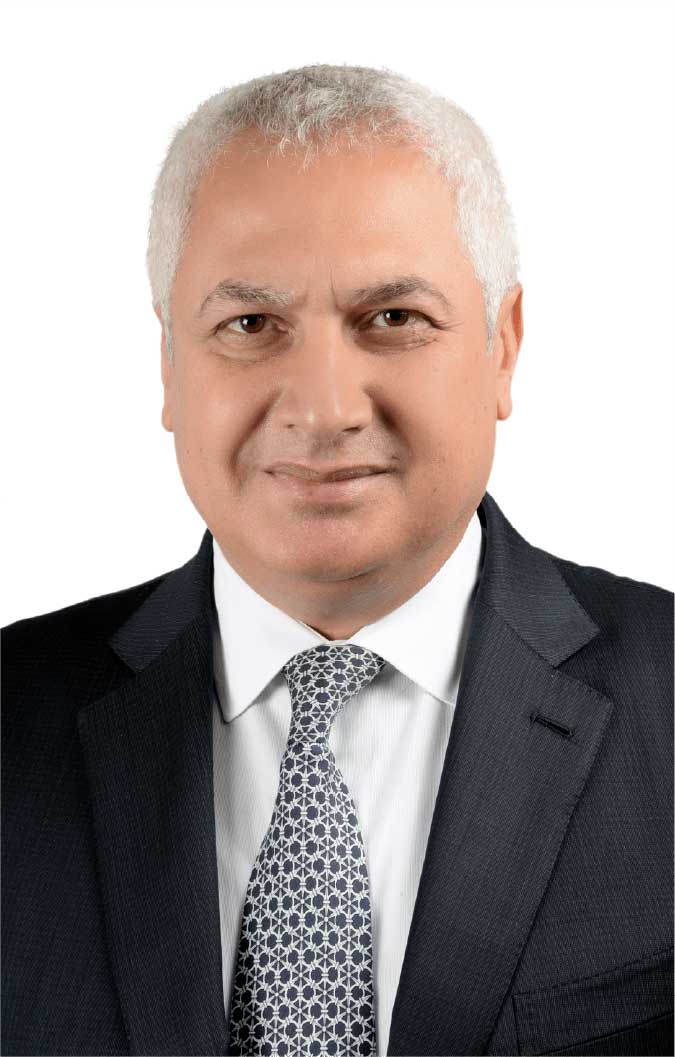
Financing the Purchase of Food Commodities in favour of the General Authority for Supply Commodities (GASC)
ICIEC signed a US$210 million Bank Master Policy (BMP) in favour of banks participating in the syndication of the Islamic Trade Finance Corporation (ITFC), the trade finance arm of the Islamic Development Bank (IsDB) and a sister entity of ICIEC in the IsDB Group.
Under the 2-year facility signed in October 2023, Banks participating in the ITFC syndication were seeking insurance cover of the Non-Honouring of Sovereign Financial Obligation (NHSFO) of the Government of Egypt, to cover a Murabaha Syndicated Facility in which ITFC acted as Lead Arranger, and Agent. The syndicated facility is a collaborative effort among a consortium of banks aimed at financing the purchase of food commodities for the General Authority for Supply Commodities (GASC).
Notably, this facility benefits from a guarantee provided by the Ministry of Finance of Egypt. As part of this arrangement, ICIEC’s policy will play a crucial role in mitigating non-payment risks associated with the Government of Egypt due to both commercial and geopolitical factors. This underscores ICIEC’s commitment to facilitating and safeguarding trade and economic activities in the region.
The development impact and expected results of the ICIEC facility, which align with the UN SDGs 1,2,8,11 and 17, are implicit.
ICIEC’s support to import strategically important essential commodities will help the country address the challenges related to food security. Importing food can help to strengthen Egypt’s relationships with other countries. This can lead to increased trade and investment, which can benefit both Egypt and the countries that it imports food from. That assists in meeting the UN SDG Number 17 – Partnerships for the Goals.
Importing food commodities can help to reduce Egypt’s reliance on its own resources, such as water and land. This can help to conserve these resources and make them available for other uses, such as growing crops for export. That assists in meeting the UN SDG Number 12 – Responsible Consumption and Production. The transaction also supports synergy with ITFC within the context of greater collaboration and integration of IsDB Group entities.
The syndicated Murabaha Financing facility amounting to USD 210 million is in line with the objective of the Food Security Response Programme (FSRP) of IsDB Group. ICIEC pledged an amount of US$500 million for FSRP during the period (July 2022 – December 2025). Total approvals reached US$573 million, where Egypt’s share is US$100 million related to four policies with one financial institution for the purpose of importing grain and other soft commodities.

ICIEC Facilitates Growth in Bahrain’s Fisheries Sector and Advances Global Food Security Goals
The Islamic Corporation for the Insurance of Investment and Export Credit (ICIEC) and Export Bahrain recently signed a Comprehensive Short–Term Policy (CSTP) to support Al Deebel Fishes Company W.L.L.. The Al Deebel Fishes Company is considered one of the key fishing businesses in the Kingdom of Bahrain and is involved in the processing and marketing of fish and fishery products. The business turnover is expected to be further increased through ICIEC and Export Bahrain by no less than 20%.
ICIEC also signed another CSTP Policy to support another key business in Bahrain: Seafood Products – Shell Fisheries Company .W.l.l , The company has its roots in Saudi Arabia, where it started this business in the 70’s and has now risen to one of the leading frozen food and seafood distributors.
ICIEC is unwavering in its dedication to realizing the Sustainable Development Goals (SDGs) and effecting lasting developmental changes in the economies of its member states. A focal point of this commitment is the emphasis on SDG 2: Zero Hunger. ICIEC actively facilitates progress toward Zero Hunger by providing insurance for food-related transactions, thereby enhancing food security across its member states. The organization’s steadfast goal is to ensure that all citizens have access to nutritious and safe foods, underscoring its commitment to achieving Zero Hunger for people worldwide.
Since its inception, ICIEC has been a formidable advocate for food security in its member states, exemplified by its substantial support of USD 1.5 billion for agriculture and fishery products. This support has significantly contributed to improving the productivity and income of food producers, particularly those in least-developed countries. ICIEC recognizes that enhancing access to quality food is integral to sustainable development globally. Moreover, it plays a pivotal role in reducing poverty levels and fostering economic growth within the communities it serves.
ICIEC’s commitment to addressing food security challenges is further manifested in its instrumental role in establishing the Arab Africa Guarantee Fund (AAGF). Comprising three sub-funds, namely the Arab Africa Green Facility, Arab Africa Food Security Facility, and Arab Africa Health Facility, the AAGF stands as a testament to ICIEC’s proactive efforts in promoting comprehensive and sustainable solutions to critical developmental issues.






 Download Newsletter
Download Newsletter
